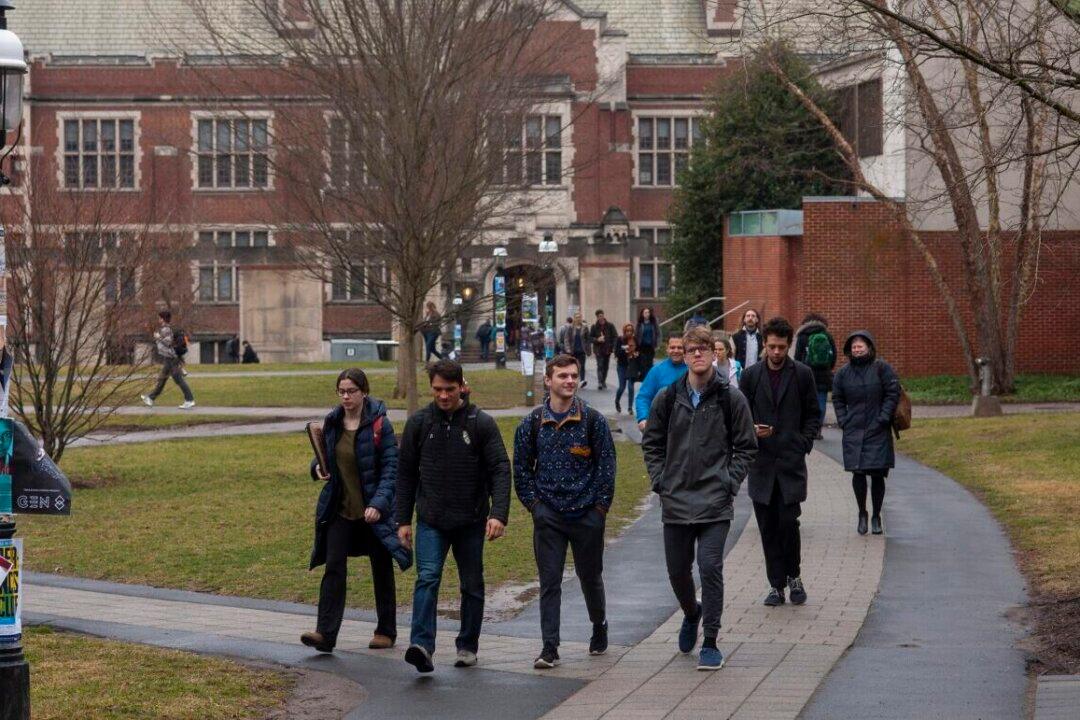U.S. State Secretary Mike Pompeo said in an interview on Monday that President Donald Trump is evaluating measures to prevent intellectual property theft by Chinese nationals and students that could be rolled out over the coming weeks and months.
The Trump administration is aware that “the Chinese Communist Party has stolen hundreds of billions of dollars of intellectual property and with that tens and hundreds of thousands of American jobs, … either by taking it through cyber means or, … by their people actively working inside of our places of research,” Pompeo said in an interview with the hosts of WMAL’s Morning On The Mall Radio Show.





